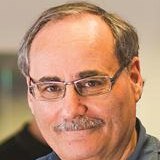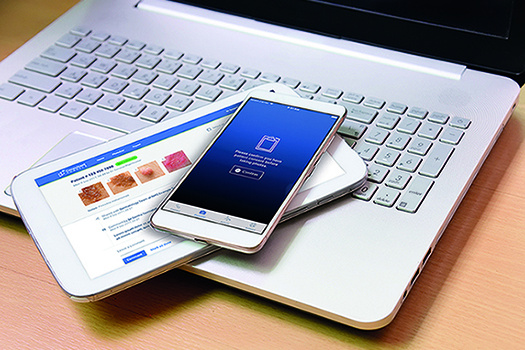
I began my GP career in Oxford before spending 35 years practising in New Zealand. I believe there are some common strategic challenges facing the profession in each country.
We know morale in general practice here in the UK is low. There are problems with recruitment and retention, the workload is becoming unmanageable and time spent on administrative tasks is increasing and reducing the satisfaction of being a GP. There is pressure to delegate to nurse practitioners, practice nurses, pharmacists, physicians’ assistants and health coaches, yet many questions remain about what GPs’ role will be in the future.
If this were not enough, the whole model of medical practice is being disrupted by the digital revolution, something I believe will determine the future of general practice both in the UK and in other developed countries. As knowledge moves into the community, so does power and the capacity for patients to make their own choices about which services they want and how they have them delivered.
So how can general practice respond?
GPs need to be proactive and incorporate ‘smart technologies’ into their practice, using the technology to support high quality real time and virtual access to services. The big players in health, Amazon, Apple and Google, have yet to truly make their presence felt but they will offer alternatives to existing models of care and will have totally new infrastructure. This will make them difficult to compete with, unless general practice in the UK and other countries are aggressive and proactive with innovation.
GPs with special interests could take over inpatient management
The experience so far with ‘GP at Hand’ in London has demonstrated there is a large demographic that wants access to highly responsive medical advice. As Professor Helen Stokes-Lampard suggests, all practices need to be able to incorporate this offering, so that it no longer becomes a threat but is just another solution for patient access.
New technology assisted models of care are also going to have a huge impact. In Canada, GPs can admit patients to hospital and care for them during their admission, with consultants supporting with more complex cases. Some GPs manage across the primary/secondary care boundary, while others choose to work exclusively in hospitals and are called ‘hospitalists’. Here in the UK, GPs with special interests could morph into GP-based hospitalists and take over inpatient management. They would have consultants, AI and technology to support their practice. Hospitals with better use of workforce and new models of care will become more efficient and effective.
Furthermore, I believe GPs need to acknowledge the new specialty emerging called ‘functional medicine’, which essentially ties in systems biology, genomics, nutrition and role of the microbiome. Lifestyle medicine guru Dr Ranjan Chatterjee, from the BBC’s ‘Doctor in the House’ series, is an excellent example of functional medicine in action. It is an exciting and satisfying place for a medical generalist to be and offers a real option for the future. GPs working in this way can really alter the health trajectory of a person’s life.
I also believe it is in this space that GPs can offer continuity, convenience and empathy and have a more satisfying and fulfilling professional life.
Dr Jonathan Simon is a retired GP in west Sussex and former honorary secretary of the Royal New Zealand College of GPs
Pulse October survey
Take our July 2025 survey to potentially win £1.000 worth of tokens












